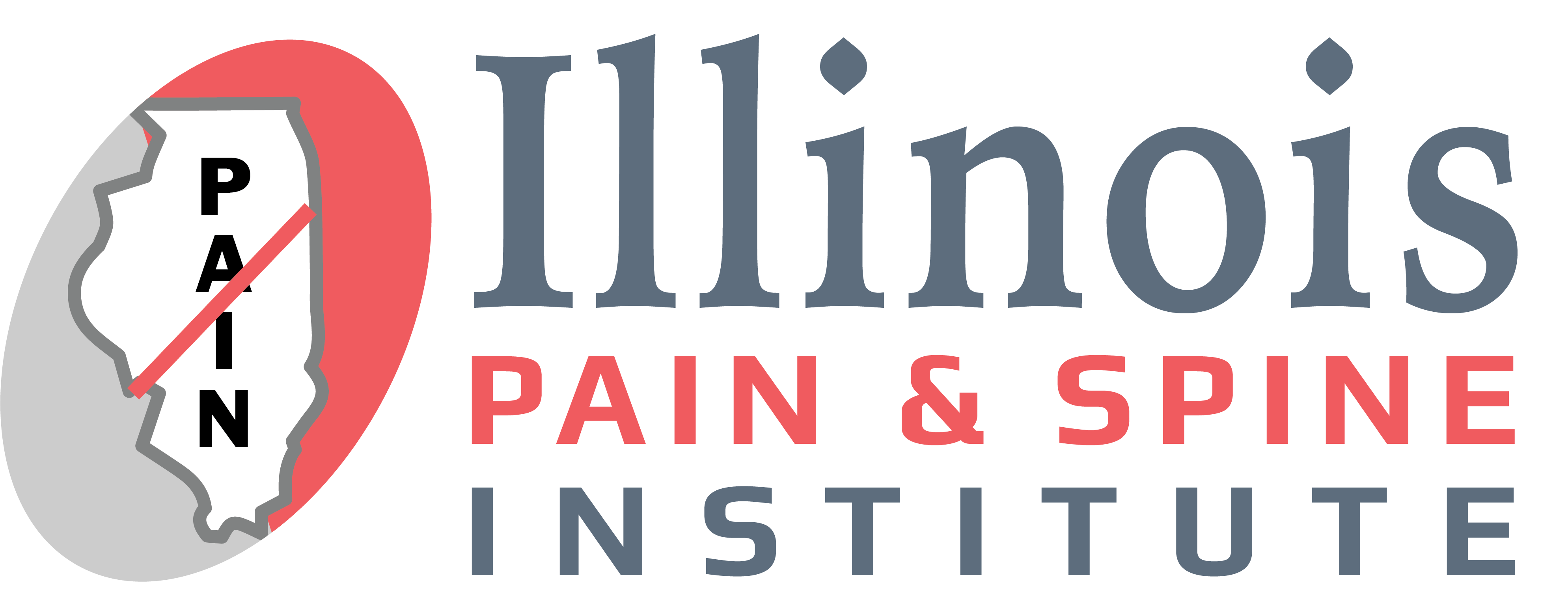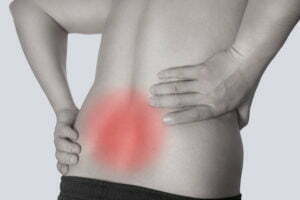28 Jul Causes Of Disk Herniation
Disk herniation is unfortunately a common occurrence as people age. The spinal column is one of the most important parts of the body since it houses and protects the spinal cord. Vertebrae are the bones that make up the spinal column. Between each of these bones is a cushiony material to help absorb shock in the spinal column. This helps keep the back mobile and pain-free. However, as people age, these disks become dried out and are more prone to tears and disk herniation. Below are the common causes of disk herniation.
Age/Wear and Tear
Natural wear and tear on the spine is probably the most common cause of disk herniation. As people age, their spines begin to deteriorate. Our backs are key to carrying our weight and distributing it evenly over the rest of our body. After decades, this load of work takes its toll. As the outer layer of the disk begins to weaken, the center of the disk has the ability to push through the outer layer, thus leading to a herniated disk.
Twisting and Turning
Certain motions are more prone to cause disk herniations than others. Twisting and turning is one of these motions. Sometimes, people turn at just the right angle to cause one of the intervertebral disks to become slipped. As a result, if you are not someone who is heavily active in sports, it is best to be careful when taking up a new activity that causes this motion.
Lifting Heavy Objects
Lifting heavy objects is another common cause of disk herniation. Lifting heavy objects puts extreme strain on the spine. many people have heard the saying, “lift with your legs, not your back.” When people lift using primarily their spinal muscles, they put themselves at a higher risk of developing a slipped disk. The excessive strain of the weight in combination with an aging spine can easily allow for disk herniation to occur.
Being Overweight
As was mentioned earlier, the back is key in holding up and distributing weight. Many people do not realize how much work their back does every day to simply sit and stand upright. Whether you are thin or overweight, the spine takes on a lot of wear and tear over the years. Therefore, if your body is carrying extra weight, this means extra work for your spine. Over time, this leads to even more wear and tear, thus putting patients at a higher likelihood of a slipped disk.
Injury
Injury is another common cause for disk herniation. Whether you are playing a sport where you fall or experience severe contact as in the cases of football and hockey, or whether you are in a car accident and experience extreme whiplash, injuries are a major cause of disk herniation. Any time your body experiences whiplash, or is moved in a back and forth motion quickly, there is a chance of a slipped disc. Disk herniation from injury becomes even more likely if the person is older or overweight due to already weakened disks.


